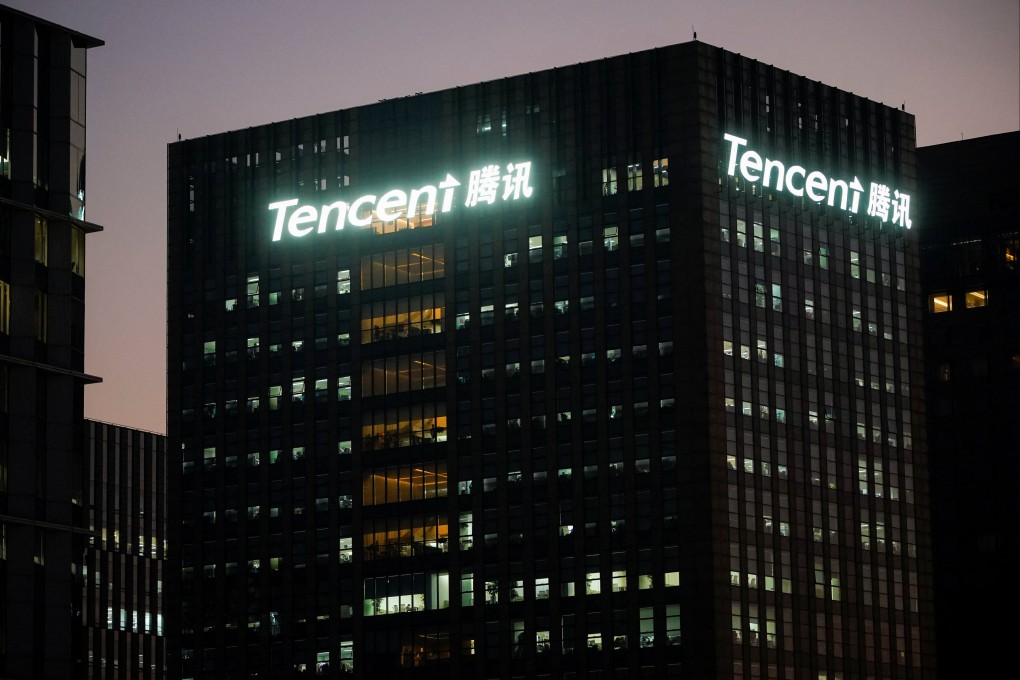Tencent reports no revenue growth in first quarter amid regulatory uncertainty and economic headwinds under Covid-19 challenges
- The Hong Kong-listed internet giant posted revenue of US$20 billion for the three months ended March 31, barely up from a year ago
- Quarterly profit fell by more than half, missing analysts’ estimates, as strict Covid control measures batter China’s economy

The Hong Kong-listed internet giant, which runs the world’s largest video gaming business by revenue and China’s largest social media platform, posted revenue of 135.5 billion yuan (US$20 billion) in the quarter, barely up from 135.3 billion yuan a year ago.
That was worse than the consensus estimates of 141 billion yuan, according to 24 analysts polled by Bloomberg. It also marked the slowest quarterly sales growth since Tencent went public in 2004.
Profit reached 23.4 billion yuan (US$3.47 billion) for the three months ended March 31, down 51 per cent from 47.8 billion yuan a year ago. It missed the consensus estimates of 29.3 billion yuan by 17 analysts surveyed by Bloomberg.
“During the challenging first quarter of 2022, we implemented cost-control initiatives and rationalised certain noncore businesses, which would enable us to achieve a more optimised cost structure going forward,” Pony Ma Huateng, founder and chief executive of Tencent, said in a statement.
